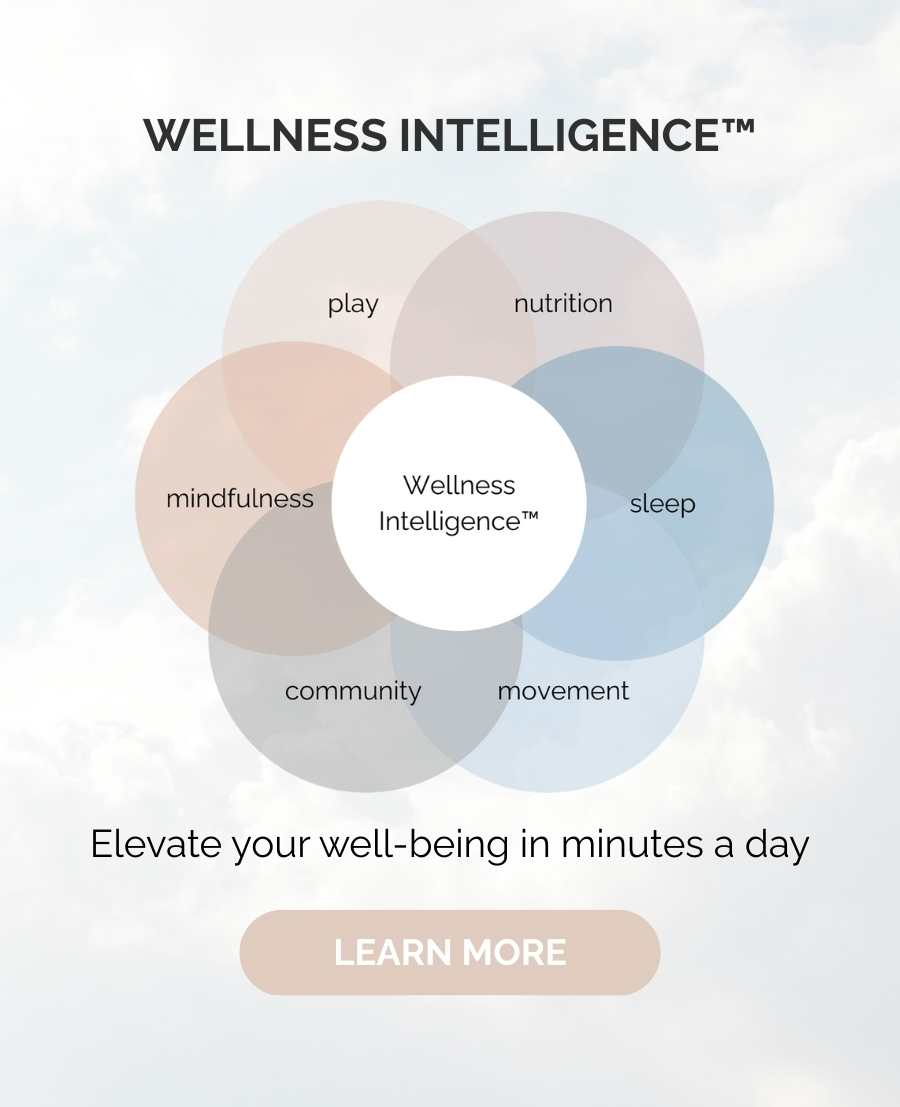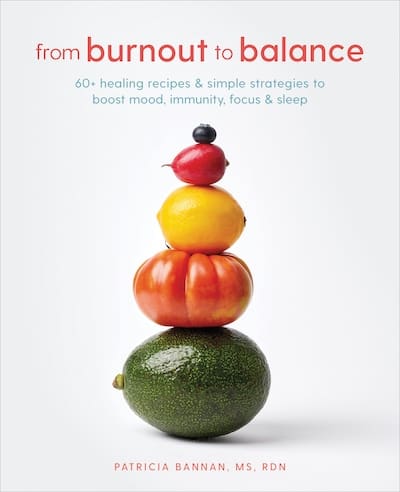An often overlooked obstacle to eating better has nothing to do with your diet but everything to do with your overall health and mood. It’s called sleep. Get enough, and your immune system and metabolism function effectively. Yet most people skimp on sleep, either because they’re busy or because they don’t sleep well.
The stats on sleep
While recent stats tell us that two-thirds of people experience sleep problems at least a few nights a week, women are more prone to sleep disorders than men. Four in ten experience sleep problems every night, or almost every night. Nearly fifty percent of women wake up feeling “unrefreshed” at least a few nights a week, and three in ten either wake up and can’t fall asleep or have difficulty falling asleep at least a few nights a week.
Getting your Zzzzzzs
Sleep needs vary, but according to the National Sleep Foundation, adults require 7 to 9 hours a night. Unfortunately, according to a study by the same group four in ten Americans get less than 7 hours a night. Twenty percent of men and twenty-six percent of women say they’re not getting the sleep they need to function at their best, and more than half say they get a good night’s sleep less than half the time.
How lack of sleep weighs you down
This lack of quality sleep actually makes you more likely to gain weight and take in excess calories during the day. According to one long-term study, the fewer hours a night a woman slept, the more likely she was to become obese. A review study that looked at 36 studies on sleep and weight gain found short sleep duration was independently linked to weight gain.
Lack of sleep impacts your weight in the short-term as well. Another recent study found that restricting sleep even for a few nights makes you hungrier, more likely to have food cravings, and increases your caloric consumption—the perfect recipe for weight gain. And that doesn’t take into account the impact lack of sleep has on your mood, memory, and attention span. In short, the fewer minutes you spend asleep, the more likely you are to feel hungrier and make poor food choices the next day.
Five Strategies to Fall Asleep More Quickly
To fall asleep more quickly and get better quality sleep, try these five strategies:
1. Be consistent. Go to bed and get up at the same time every day, even on weekends. This will help you establish and maintain a healthy sleep habit.
2. Watch your diet. Avoid caffeine, alcohol, and sugar six hours before you go to bed. All can make it harder to fall asleep and stay asleep.
3. Keep your bedroom separate. Use your bed for sleep (and sex) alone. If you wake in the night and can’t fall back to sleep, move to a different room to read or watch TV.
4. Exercise regularly. The more active you are, the deeper sleep you get in general. But don’t work up a sweat several hours before bedtime as that can make it harder to fall asleep.
5. Get comfortable. Keep your room cool, dark, and quiet. Too warm temperature, sound, and light can all interrupt your slumber.






